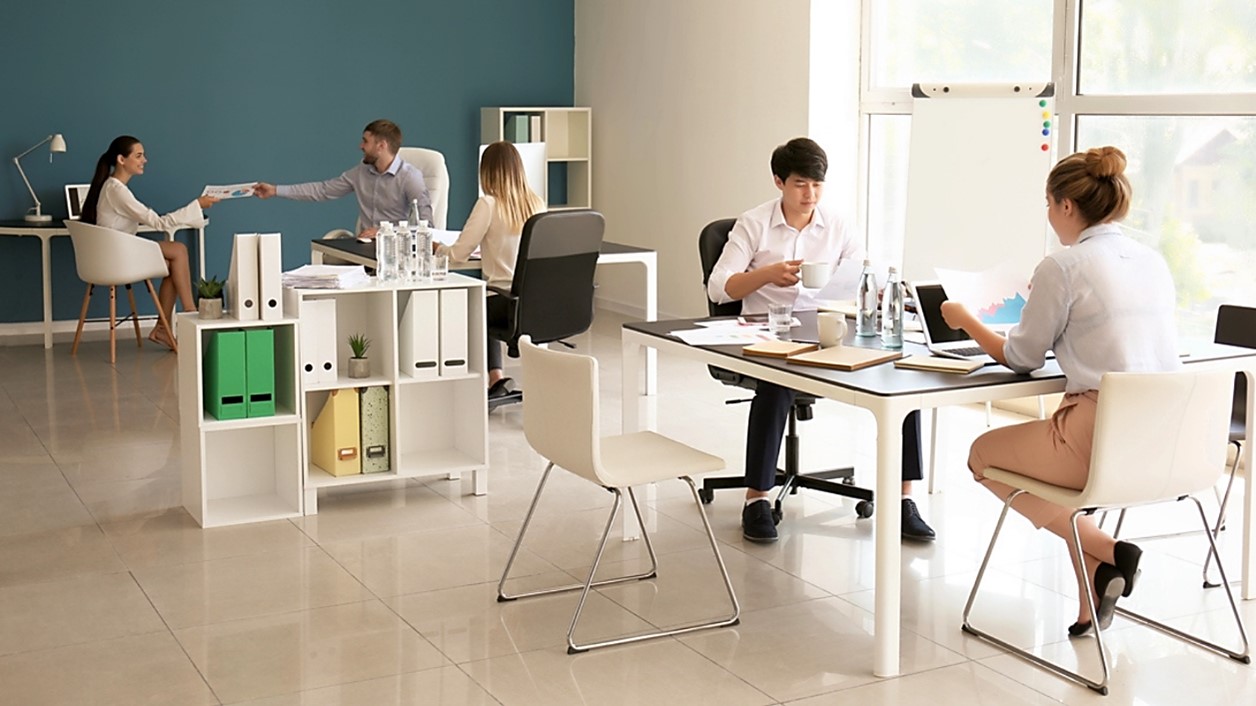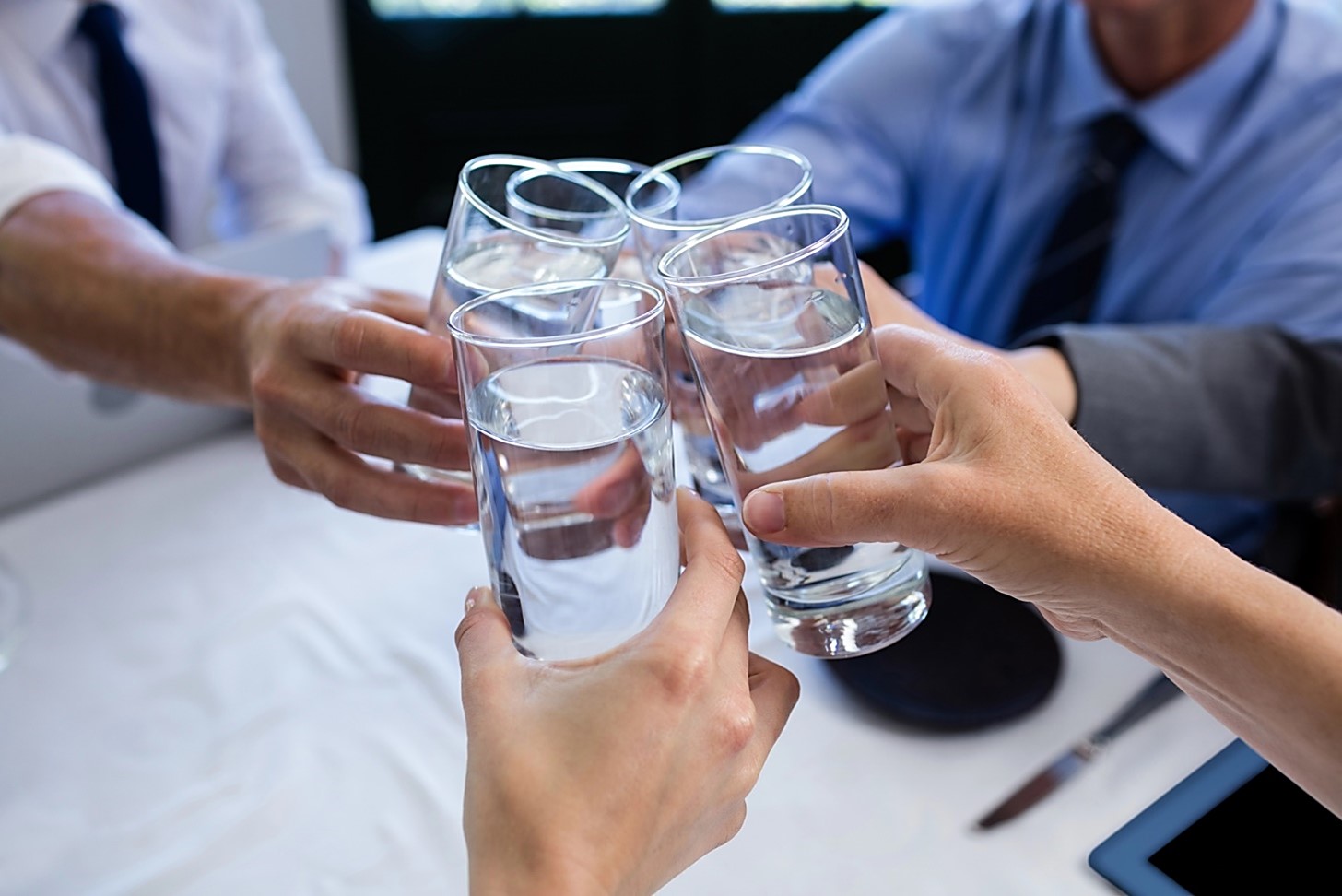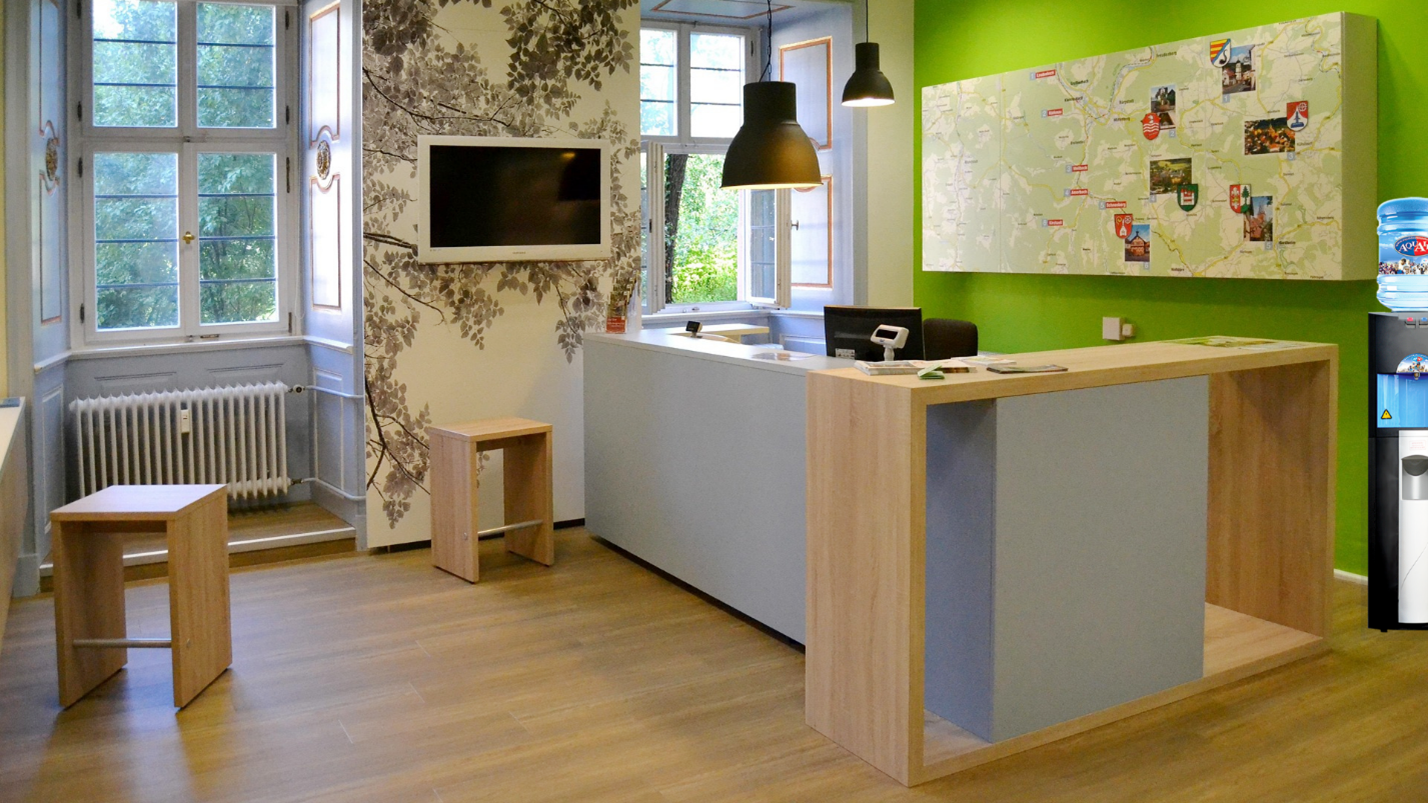
by Fern Shaw | May 7, 2025 | bottle fed water coolers, mains fed water cooler, water cooler, Water Coolers
Installing a water cooler in the office offers far more than just access to hydration – it can significantly enhance both productivity and workplace culture. Whether opting for bottled or mains-fed water coolers, businesses create an environment that encourages employees to pause, refresh and return to their tasks with renewed focus. This subtle improvement in daily routine can contribute to reduced fatigue, improved concentration and an overall uplift in staff morale.
A strategically placed office water cooler also fosters spontaneous collaboration. As colleagues gather around water dispensers, they are more likely to engage in informal conversations that often lead to innovative ideas and creative problem-solving. In this way, water coolers serve not only as hydration stations but also as valuable social touchpoints that reinforce team cohesion across departments.
For organisations seeking to demonstrate a commitment to employee wellbeing, investing in water coolers for the workplace is a visible and appreciated gesture. Mains-fed water coolers, in particular, provide a sustainable alternative by reducing plastic waste and supporting environmentally conscious office practices. With regular use, these systems can also reduce reliance on single-use bottled drinks, aligning the office with broader CSR goals.
Furthermore, the presence of a high-quality office water cooler may contribute to a positive impression among visitors, partners and prospective hires. A clean, well-maintained water dispenser signals that the company values comfort, health and professionalism – qualities that speak volumes in today’s competitive business landscape.
In larger workplaces with multiple offices or work environments, the installation of multiple water coolers ensures equal access to hydration, supporting the health and productivity of all staff regardless of location. Bottled water coolers are particularly flexible for sites where plumbing is restricted, ensuring no corner of the workplace is left without essential amenities.
Ultimately, the decision to incorporate water in the office goes beyond practical necessity. It is an investment in the people who power the organisation, creating a more dynamic, efficient and attractive workplace. When staff feel that their well-being is prioritised – even in seemingly small ways like access to fresh, cool water – the result is often greater loyalty, reduced absenteeism and improved overall performance.

by Fern Shaw | Apr 30, 2025 | water cooler, Water Coolers
When the temperature rises, staying hydrated at work isn’t just a nice idea – it’s essential. Whether you’re in an office, on a building site, or working in a warehouse, making sure there’s plenty of drinking water available is key to keeping everyone feeling well and working safely. It’s amazing how quickly the heat can take it out of you, especially when you’re busy or working outdoors, and it’s all too easy to forget to drink enough.
That’s why it makes sense to plan ahead. Installing a water cooler in the workplace is a simple but effective way to make fresh, cool water easy to access. It encourages people to drink more often, especially if it’s in a convenient spot. Alternatively, or even as a backup, arranging bottled water delivery ahead of a hot spell ensures you’re not left scrambling when supplies run low and everyone’s feeling the heat.
It’s a small step that makes a big difference. Proper hydration helps with focus, energy levels, and even safety – especially in physical jobs where overheating or fatigue can become a real risk. Plus, it’s one of those things staff genuinely appreciate. No one wants to be stuck in a stuffy office or sweltering site with nothing to drink.
So as the warmer weather rolls in, now’s the time to think about your workplace water plan. It’s one of the simplest ways to look after your team and keep things running smoothly when the sun’s out.
Speak to us at AquAid for water coolers, dispensers, or bottled water delivery. With decades of experience, a dedicated team and a strong reputation for quality and service, we are the trusted choice for keeping your workplace hydrated.

by Fern Shaw | Apr 14, 2025 | water cooler, Water Coolers
First impressions matter, especially when welcoming customers and visitors into a business or workplace.
In any public space – be it a business, community centre, library or event venue – small touches can make a big difference in how customers and visitors feel. One of the simplest yet most effective ways to enhance their experience is by offering easy access to drinking water. Whether it’s through water dispensers, refill stations for reusable bottles, or a water jug and glasses at reception, the gesture goes a long way in showing care and consideration.
Being able to grab a quick drink can help people feel welcome, relaxed and looked after. It’s especially appreciated on warmer days, during long appointments, or when visitors have travelled some distance. A water station doesn’t just quench thirst – it signals that their comfort matters. And for businesses, it’s a subtle but meaningful way to build goodwill. When people feel good in your space, they’re more likely to stay longer, engage more positively and leave with a favourable impression.
Offering water isn’t just about hospitality, either. There’s a growing awareness around sustainability and reducing non-recyclable, single-use cups. By providing places where people can refill their own water bottles, organisations are supporting greener habits. It shows alignment with environmental values that more and more customers care deeply about.
From a practical perspective, installing a water cooler is a cost-effective option. A wide range is available – from compact countertop models for small workspaces to high-capacity dispensers suited to schools, universities and large organisations. Easy to install, maintain and service under contract, they offer excellent value, especially when weighed against the positive feedback and customer satisfaction they can bring.
For places that see frequent footfall, such as gyms, salons, co-working spaces, or tourist spots, the benefits multiply. It’s also worth noting that being able to offer water can support inclusivity too. Not everyone is comfortable asking for a glass of water, especially in unfamiliar settings. Making it easily available removes that barrier and helps create a more welcoming atmosphere for all.

by Fern Shaw | Apr 8, 2025 | water boiler, water cooler, Water Coolers
As we move into the (hopefully) warmer months of spring, it’s important to remember how essential staying hydrated is, particularly at events, concerts, festivals and conferences. As temperatures rise and people spend long hours outdoors or in crowded spaces, access to fresh drinking water should be a top priority. It’s something that we may often overlook when attending such events. Sadly, this has the potential to negatively impact both your health and experience of the event.
Furthermore, spring is the season when outdoor events really start to ramp up, with many people taking advantage of the milder weather. Whether you’re attending an open-air concert, a local festival, outdoor markets or a conference with long sessions, it’s easy to forget how much water your body needs when you’re caught up in the excitement. But dehydration can creep up on you, leaving you feeling sluggish, irritated, or even more prone to headaches. By staying hydrated, you can keep your energy levels up and make the most of the experience.
Proper hydration supports mood, energy, and overall enjoyment, contributing to the success of any event. Having easy access to drinking water can make a huge difference in this regard. By providing convenient water stations, organisers demonstrate a commitment to attendee well-being, creating a positive and refreshing atmosphere that aligns with the season’s spirit of renewal.
Carrying your own reusable water bottle is one way to make sure you’re never without, so it’s always worth checking ahead to see what your event offers in terms of water accessibility – and if you’re attending something like a festival or concert, ensure you’re aware of where the water cooler stations are located.
Ultimately, making sure you stay hydrated at events this spring is all about looking after yourself and ensuring that your experience is enjoyable from start to finish. So, when you’re out and about, keep your water bottle topped up and drink often – it’s one simple step to make your spring events even better.

by Fern Shaw | Mar 31, 2025 | Uncategorized, water cooler, Water Coolers
With children having already been back at school for three months and with International Children’s Book Day soon approaching, it’s the perfect time to reflect on the immense value of children’s books and literacy. Learning to read is fundamental to a child’s development and books play a vital role in nurturing this skill, as well as inspiring a love for learning that lasts a lifetime.
Children’s books spark the imagination, introduce new concepts and teach essential values. The beauty of reading is not just in the stories it tells, but in the way it opens children’s minds to endless possibilities. Books encourage curiosity, expand vocabulary and help develop empathy by allowing children to see the world through the eyes of others. International Children’s Book Day serves as a timely reminder of how important it is for both parents and educators to inspire children to read, whether by encouraging independent reading or by reading aloud together.
A child’s ability to read well is at the core of their education. Reading is not only for enjoyment but is also a gateway to acquiring knowledge across all subjects. The more children read, the better they can process and understand information, strengthening their cognitive abilities and enriching their overall learning experience. By building literacy skills early, children are better equipped to succeed in school and beyond.
Studies consistently demonstrate that staying hydrated boosts a child’s cognitive abilities, improving focus and concentration. Drinking water helps prevent dehydration, which can cause fatigue, irritability, and reduced mental clarity. This supports their ability to absorb and retain information, enhancing both their academic performance and overall health.
At AquAid, we provide high-quality water coolers and fountains tailored for school environments, ensuring children have easy access to a constant supply of drinking water.
By encouraging a love for reading and ensuring children stay hydrated, we can together help pave the way for generations of well-informed, capable individuals who are always learning.





